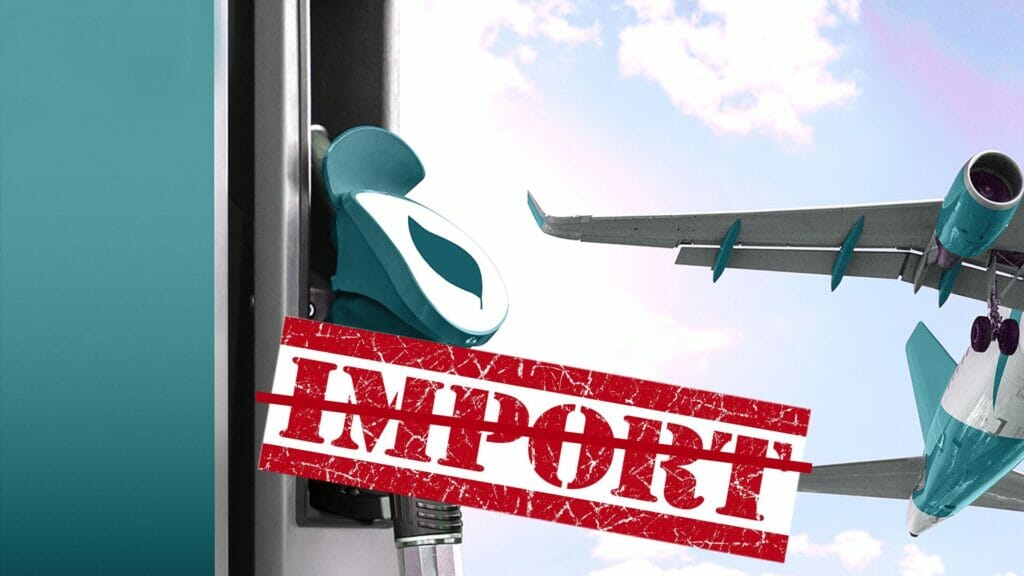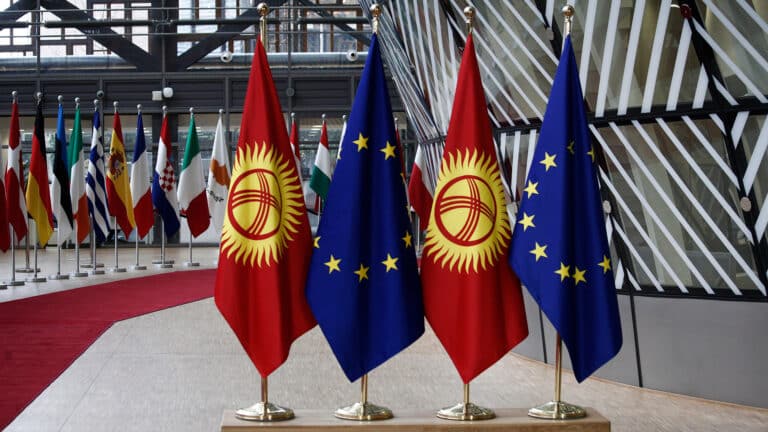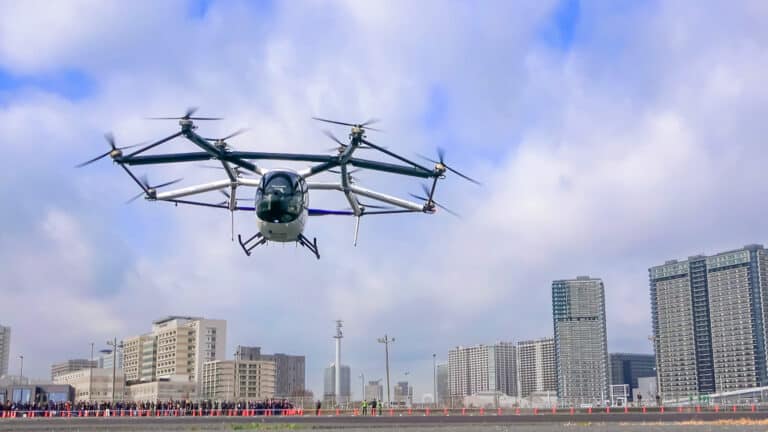
Kazakhstan Temir Zholy (KTZ), the national railway company in Kazakhstan has banned the supply of jet fuel from Russia to Kazakhstan. The ban entered into force today June 14 and will last until July 14, according to the RBC news agency, citing CIS Railway Council (CRC).
«In accordance with the appeal of KTZ filed on June 8, 2023, the CRC’s management office has introduced a conventional ban for the transportation of kerosene and jet fuel from all stations of Russian railways to all stations of Kazakhstan. The ban entered into force today on June 14 and will last until July 14,» the agency said in a statement.
According to the generally accepted terminology, a conventional ban is a temporary suspension of the carriage of goods by rail due to technical reasons.
As an official spokesperson of KTZ told Kursiv the conventional one-month ban on the import of jet fuel from Russia has been introduced under request by the Ministry of Energy of Kazakhstan. The ministry is wary of the risk of overstocking fuel and will cancel the ban when the situation improves.
«According to the authorized body, due to the oversupply of aviation kerosene from Russia while Kazakhstani airlines and airports are in no rush to take this fuel, there is a risk of overstocking of refinery tanks that can cause a decline in the processing of crude oil at the country’s refineries,» the railway company’s spokesperson said.
Kazakhstan imports aviation kerosene from Russia because its three refineries aren’t able to produce enough jet fuel on their own. Minister of Industry Marat Karabayev believes that the shortage of jet fuel in the domestic market and its high cost are the key obstacles that prevent the country’s civil aviation from developing. In order to fix the problems of the fuel deficit and Kazakhstan’s dependence on imports, the country has to produce one million tons of jet fuel per year, Karabayev said.
In 2023, Kazakhstani refineries plan to produce more than 600,000 tons of jet fuel with a projected consumption of 900,000 tons, Magzum Mirzagaliev, the head of KazMunayGas, said at an aviation forum in May 2023. Given that the Shymkent refinery is going to increase its capacity from 313,000 tons to one million tons per year by 2030, this additional amount of jet fuel is expected to supply the domestic demand for kerosene.













